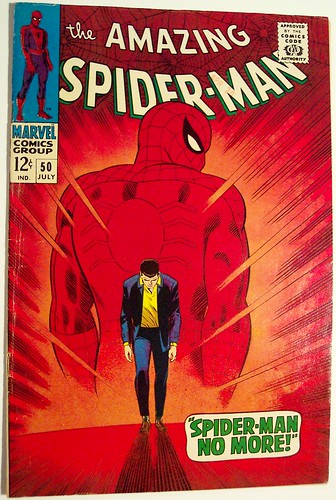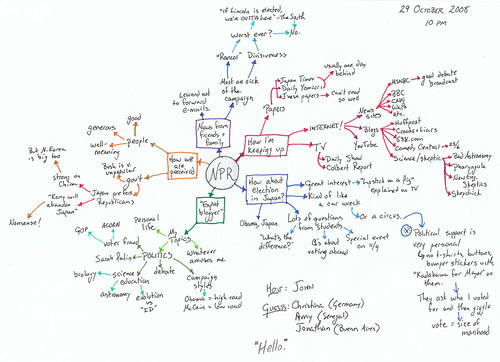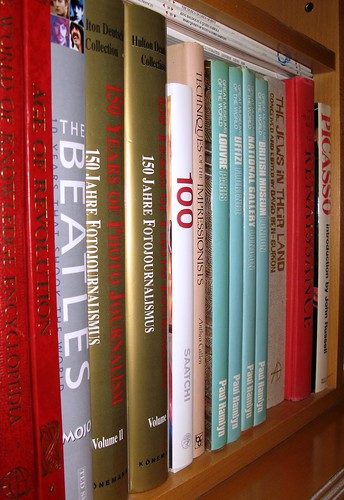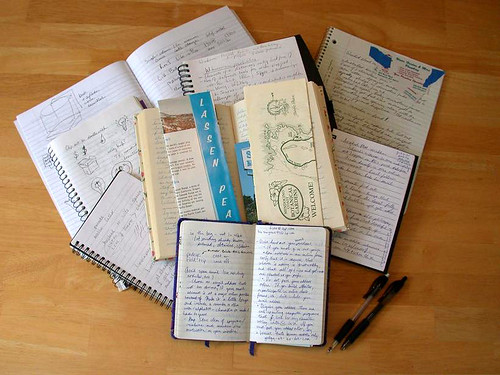
If you’re just now joining the discussion, you should go back and read my previous post about the personal repercussions of plagiarism. That said, let’s return to how plagiarism can ruin your current (or future) career. Professional Repercussions When companies hire someone, they’re hiring more than just a resume; they’re hiring a human being, complete with...













































